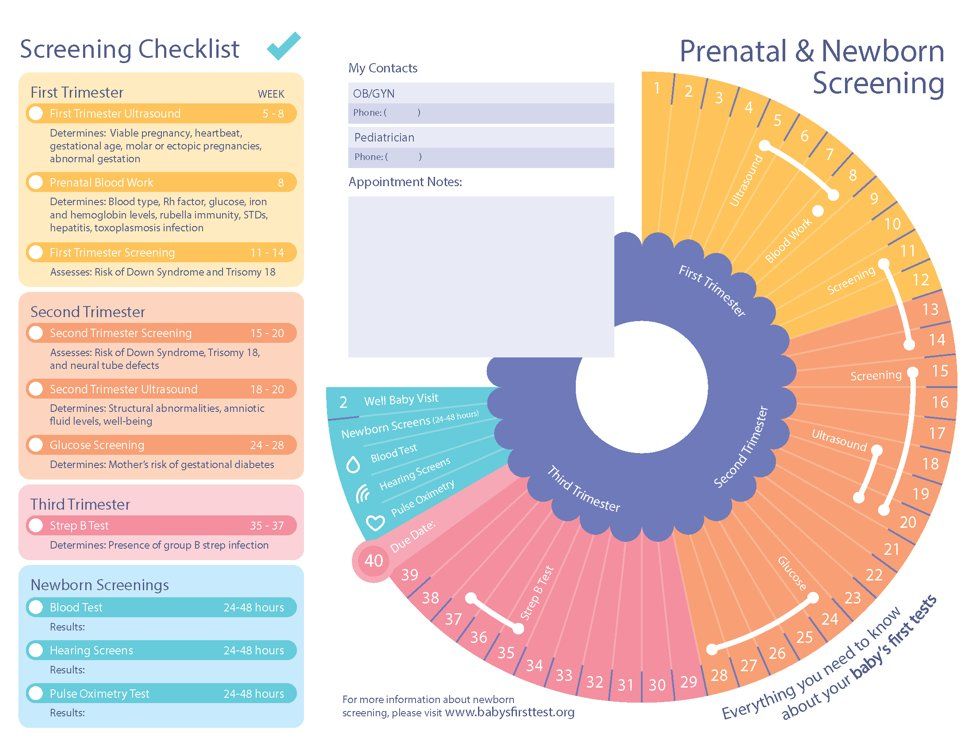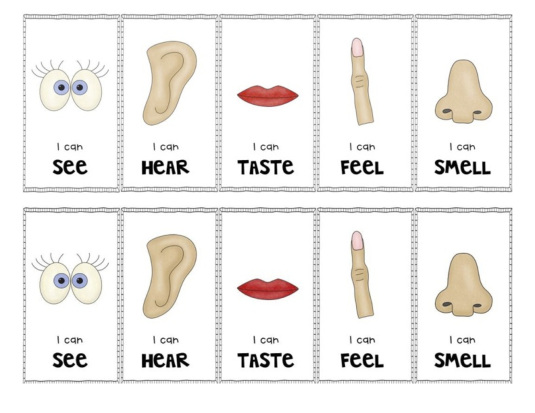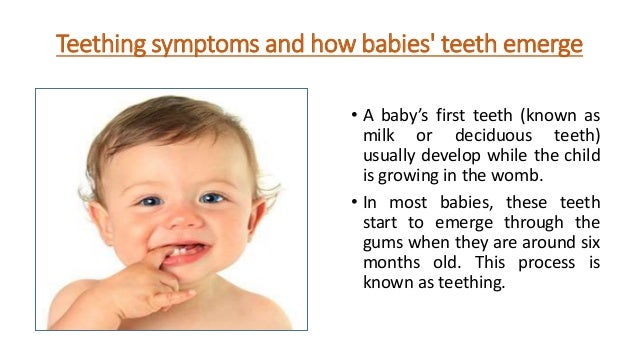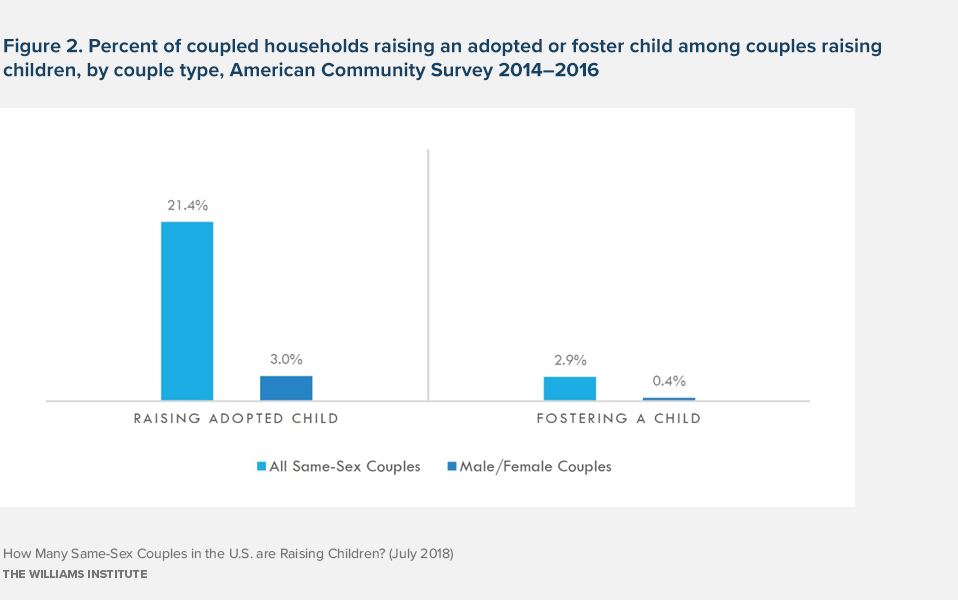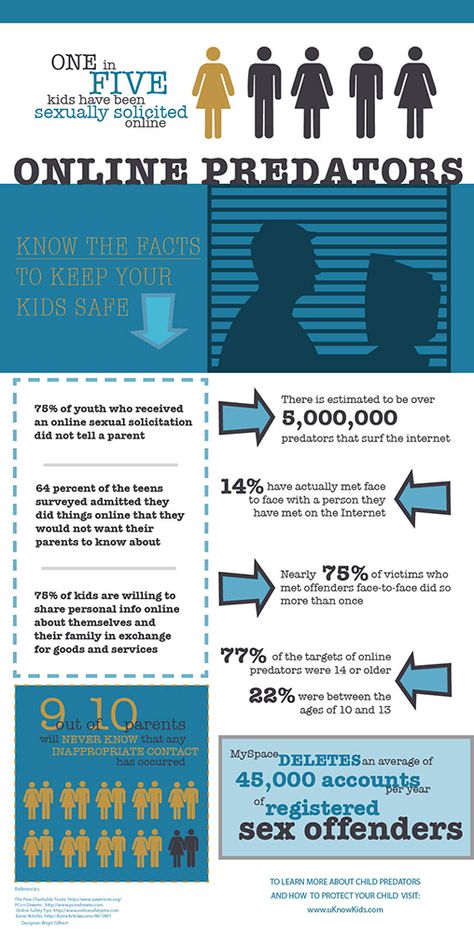Announcing an unplanned pregnancy
Tips for Announcing an Unplanned Pregnancy
Announcing an unexpected pregnancy can be nerve-wracking, but you always have the right to decide who (and who not) to inform of your unplanned pregnancy. Find some tips for these sometimes-difficult conversations here.
For many people, finding out they are pregnant is news to excitedly share with all of their loved ones. However, when you unexpectedly become pregnant, you may fear any “congratulations” will actually be harsher words, simply because you didn’t plan for this pregnancy.
Announcing an unexpected pregnancy can be nerve-wracking, and it’s not unusual to feel like you’ll “get in trouble,” no matter how old or independent you are. Your loved ones may have certain ideas about pregnancy and parenting that your situation doesn’t fit. You may be unmarried, younger than they’d like you to be, or simply not in the right place for an unplanned pregnancy at this time in your life.
You may be tempted to forgo announcing an unexpected pregnancy as long as possible, but having the support of your friends and family during this unanticipated time will be invaluable. Find a few tips for these difficult conversations below.
Preparing to Tell Others About Your Unplanned Pregnancy
First, when you are preparing for announcing an unexpected pregnancy, take all the time you need. This can be an uncomfortable conversation, no matter what your situation. Take the time to prepare what you are going to say (even practicing this conversation with yourself or a counselor) to ensure you are truly ready for the complexities that will come from telling parents and others about an unplanned pregnancy.
The most important thing to do is not to worry. At the end of the day, what to do about this pregnancy is your decision to make, and no one else’s opinion should make that decision for you. Stay strong and always do what’s right for you.
If you are anticipating negative reactions when announcing your unexpected pregnancy, prepare by thinking about the positives of the unplanned pregnancy option you have chosen. For example, if you are planning to raise your baby, think about why a child is a good thing for you. That way, you can explain these positives when someone questions your unplanned pregnancy and your decision.
For example, if you are planning to raise your baby, think about why a child is a good thing for you. That way, you can explain these positives when someone questions your unplanned pregnancy and your decision.
Believe in yourself and remain calm during this discussion. You want to show your loved ones that you have maturely made the decision that is best for you.
Telling the Father About an Unplanned Pregnancy
One of the first people to inform of an unplanned pregnancy is the father of the baby. The father will not only have legal rights to the baby if you plan on parenting or choosing adoption, but he can also provide support and understanding through your unplanned pregnancy.
How you tell the father about your pregnancy will depend upon your relationship with him. Remember that your safety and well-being should always come first. Only have this conversation if you are comfortable that his reaction will not put you in danger.
Be ready for the possibility of an initial negative response from him. Just as you likely took time to accept your unplanned pregnancy, he will also need time to adjust to this unexpected news. If you have already chosen what to do next, lay out your decision-making process for him and ask him to be a part of it, if he can be supportive. Whether or not he chooses to be involved, remember that this is ultimately your choice.
Just as you likely took time to accept your unplanned pregnancy, he will also need time to adjust to this unexpected news. If you have already chosen what to do next, lay out your decision-making process for him and ask him to be a part of it, if he can be supportive. Whether or not he chooses to be involved, remember that this is ultimately your choice.
For more guidance on telling the father, please contact an unplanned pregnancy counselor or similar professional.
Telling Parents About an Unplanned Pregnancy
Telling parents about an unplanned pregnancy can be one of the hardest conversations to have, especially if you are a woman who is still in high school or college. You may depend upon your parents — maybe even live at home — and the news of an unplanned pregnancy can make you feel like you’ve let them down.
Remember this: Your parents will always love you, no matter what you do. They may become upset at your news and even yell at you or question you, but they only want what is best for you. They will need time to process your news like everyone else. Only after they have done that will they be able to support you through whatever path you choose.
They will need time to process your news like everyone else. Only after they have done that will they be able to support you through whatever path you choose.
It can be tempting to try to hide your pregnancy from your parents, but they will get suspicious and likely find out in due time. Having their support as early as possible will be helpful. However, keep in mind that they may have their own ideas about what is best for you. It’s a good idea to identify which path is best for you before talking to them — and to be prepared to defend your decision. Although you may be dependent on them, this is your decision to make.
If you are older but perhaps not in the ideal situation to be pregnant, consider the same things. You are an adult, this is your decision, and even if your parents wished you were married or in a more stable position before being pregnant, they should support you in whatever way you want them to.
Telling Your Friends and Family About an Unplanned Pregnancy
When it comes to telling others about your unplanned pregnancy, who you do (and don’t) tell will be entirely up to you. Try to think about the friends and family who will be most supportive of your pregnancy and reach out to them, first.
Try to think about the friends and family who will be most supportive of your pregnancy and reach out to them, first.
You never have to give the details about an unplanned pregnancy unless you feel comfortable doing so. Friends and family who may not take the news well do not have to know about your pregnancy, especially if you are considering adoption or an abortion. The only people who should be included in your personal support team are those you trust.
Similar to when telling the father and your parents, understand that people may need time to react to and accept your unplanned pregnancy. They may ask insensitive questions or make ignorant comments, so prepare yourself for these. However, when you find the right friends and family to share your pregnancy with, these people can often be the most supportive during your unexpected journey.
For more guidance on announcing an unexpected pregnancy and finding a support system during this time, you can always reach out to a pregnancy center or an unplanned pregnancy counselor.
She Might - 6 Questions to Ask Before Posting Your Unplanned Pregnancy Announcement Online
Four years ago, I debated whether or not to announce my unplanned pregnancy on social media.
After all, if your pregnancy was a surprise for you, it will probably be a surprise for friends and family as well, no matter how they find out. And in a digital era, there are more channels than ever to post a pregnancy reveal, introducing new variables to consider.
So, should you post? How will you handle responses? And when is it the right time?
It’s important to have a healthy mindset about announcing your pregnancy, so you avoid any long term consequences of posting before you’re ready.
Here are 6 empowering questions to ask yourself before you announce your big news online.
1. Why are you posting?
First, do an honest self-examination. Why do you want to post on social media about your pregnancy? Are you excited to share the news? Have you seen other announcements from your friends and feel pressured to post one of your own?
Do you just want to get it over with—to explain that you’re growing a baby rather than gaining weight?
You don’t have to announce it.

It seems a little unimaginable in this digital age, but you don’t have to announce this important life event online. If you need space and privacy right now, give that to yourself.
It seems a little unimaginable in this digital age, but you don’t have to announce this important life event online.
Consider the pros and cons of “posting” vs “not posting." What are the good things that can come from an online baby announcement? What are you most afraid of?
If you decide you want to post, then do it with the healthy mindset of inviting your friends to share in your joy for your coming little one, and with a firm readiness to go public with your pregnancy.
You are the gatekeeper of your privacy.
Now that you’ve examined your honest reasons, consider your privacy. Posting on social media invites your online friends to comment and respond to this development in your life.
You are the gatekeeper of your privacy and emotional wellbeing. But being a perfect gatekeeper, with the ability to stop all negativity or toxic interaction, goes away once you’ve posted anything online.
But being a perfect gatekeeper, with the ability to stop all negativity or toxic interaction, goes away once you’ve posted anything online.
Only invite people into your pregnancy experience if it will bring you joy.
With that in mind, only invite people into your pregnancy experience if you want them there—if it will bring you joy. Even if you choose to make your post viewable only to certain friends by changing privacy settings on your account, remember that you're still posting to the internet. That information, once shared, is impossible to take back.
If you only want a certain number of friends to know right now, consider calling or telling them in person instead.
Article
How to Break the News of Unplanned Pregnancy: A Guide
By Andrea Voron
2. Do you desire affirmation?
Whether we like to admit it or not, we post to gain affirmation from our online community.
Psychology Today wrote in 2018, “So very powerful is this source of online affirmation, in fact, that neuroimaging studies have shown that the same reward circuitry in our brains that is activated when we receive money is activated when we receive likes on one of our social media posts. ”1
”1
We often have one or two people in mind whose affirmation we crave. Name the people you are hoping to impress with this announcement. Why is their approval important to you?
Now think of the people you are worried may say something hurtful or negative. How will you feel if they respond this way? Are you ready to accept that possibility? A famous maxim attributed to Eleanor Roosevelt explained it best: “No one can make you feel inferior without your consent.”
"No one can make you feel inferior without your consent." — Eleanor Roosevelt
Revealing an unplanned pregnancy can be raw and emotional. After all, people will have opinions and may choose to share them with you.
3. Who should already be in the know?
The first person to consider is your partner. Does he know about the pregnancy? If you post now, will he find out over Facebook?
If you consider him and other people closest to you, like immediate family members and best friends, it will save you much unnecessary drama. These people can’t dictate how you deal with the publicity of your pregnancy, but it is important to have those conversations in person, before you post.
These people can’t dictate how you deal with the publicity of your pregnancy, but it is important to have those conversations in person, before you post.
Article
How to Tell Your Partner About Your Unplanned Pregnancy
By Andrea Voron
4. How Will You Deal with Gossip?
Some people may gossip about your pregnancy. While you cannot control their reaction, you can control the narrative.
So, how do you deal with the gossip? If you're worried about people talking about your relationship status for example, you can deal with this in two ways: give the information out so people don’t have to guess or keep what you feel is private between yourself and your partner.
Be prepared emotionally to experience nosy questions. Remind people that you’re excited to share the arrival of your child—not the private circumstances of your pregnancy or relationship.
Have someone in your corner.
I would encourage you to have a support individual or small group you can go to with your fears, your anger, and your tears if someone chooses to be a bully on social media.
Having someone in your corner can make an unplanned pregnancy announcement far less intimidating.
My best friend knew when my pregnancy announcement was coming out and was the first to comment with total elation. She then checked in on me the next day to see how I was doing.
Having someone in your corner can make an unplanned pregnancy announcement far less intimidating.
5. How far along do you want to be?
Have you heard that some people sweat when they’re lying? I have a quirk too when I’m trying to hide something. But instead of sweating, my face looks like I need to share something. I cannot keep a secret about myself, especially not something as major as an unplanned pregnancy.
As soon as I found out I was pregnant, I was ready to sew a scarlet letter on my shirt and proclaim the truth to everyone on campus. It’s how I wanted to deal with the embarrassment: by telling everyone as soon as possible, so I didn’t feel like I was hiding something.
It may be best to wait until you have completed your first trimester before going public with your big news.
However, my boss pulled me aside and advised me not to tell too many people too soon. At that point I was only 8 weeks along. He shared that his wife had just had a miscarriage at 9 weeks and that most miscarriages happened in the first trimenter.
If that’s a concern for you it may be best to wait until you have completed your first trimester before going public with your big news.
6. Are you ready?
It takes courage to announce your pregnancy. So be sure to consider your expectations and fears before letting your online community know. Ask yourself:
- Do you need to simply rest in your privacy right now?
- Whose voices do you desire affirmation from?
- Is there anyone I should tell privately first?
- How far along do I want to be?
Take a your journal and jot down your thoughts, feelings, and creative announcement ideas. Or externally process them with a friend over coffee.
Or externally process them with a friend over coffee.
This same friend can support you as you let your online community know about your big surprise. And they can help you plan how to announce an unplanned pregnancy on Facebook, Instagram, or any other platform.
You and your baby are worth celebrating.
When I posted the only photo I had of my bump, I expected to receive direct messages condemning me. What I discovered instead was hundreds of comments of congratulations. I was so worried about what people would think of me and eager for affirmation.
If I could go back and tell my 21-year-old self anything, it would be, “Find joy regardless of other people's opinions.” Remember that for most people scrolling past, it’s just another post.
Make this announcement in a way that honors you and your child, because a baby is worth celebrating, whether or not social media is part of the equation. Make it everything you would want if this pregnancy was planned, because being an excited and empowered mama starts now.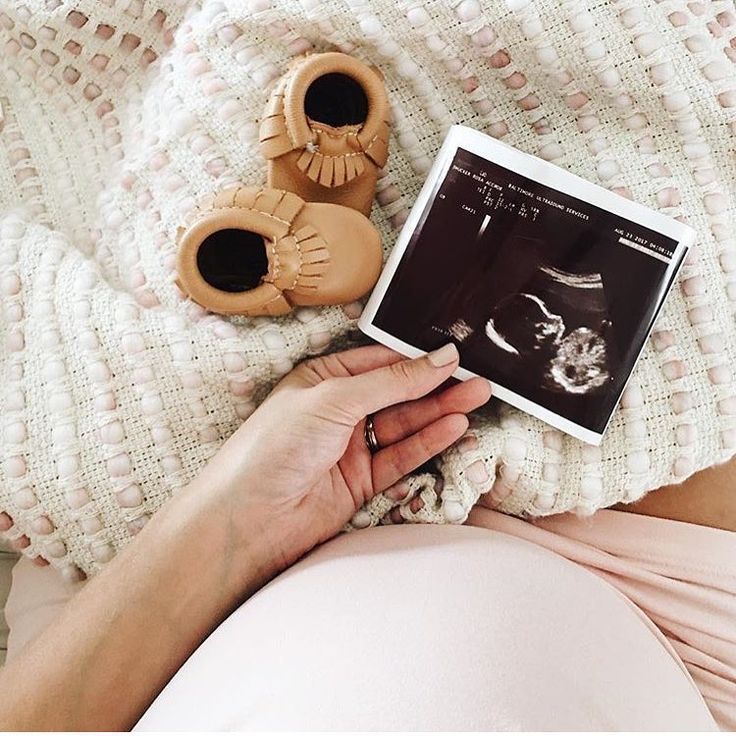
Here at She Might, we are so excited for you and your little one! Use the tag #shemight on your post to show us your adorable announcements. We'd love to celebrate you in our community!
Tags
#village #pregnancyannouncement #breakingthenews
High rates of unwanted pregnancy linked to lack of family planning services: new WHO study
High rates of unwanted pregnancy linked to lack of family planning services: new WHO study- Healthcare issues »
- A
- B
- B
- G
- D
- E
- and
- L
- m 9000 m 9000 m
005
- H
- O
- P
- R
- C
- T
- in
- F
- x
- Sh 9000 E
- Yu
- I
- Popular Topics
- Air pollution
- Coronavirus disease (COVID-19)
- Hepatitis
- Data and statistics » nine0003
- Newsletter
- The facts are clear
- Publications
- Find the country »
- A
- B
- B
- G
- D
- E
- and
- L
- H
- O
- R
- R
- C
- T
- Y
- F
- X
- c
- h
- Sh
- Sh.

- b
- s
- E
- I
- WHO in countries »
- Reporting
- Regions »
- Africa
- America
- Southeast Asia
- Europe
- Eastern Mediterranean
- Western Pacific
- Media Center
- Press releases
- Statements
- Media messages
- Comments
- Reporting
- Online Q&A
- Developments
- Photo reports
- Questions and answers
- Update
- Emergencies "
- News "
- Disease Outbreak News nine0070
- WHO Data »
- Dashboards »
- COVID-19 Monitoring Dashboard
- Highlights "
- About WHO »
- General director
- About WHO
- WHO activities
- Where does WHO work?
- Governing Bodies »
- World Health Assembly nine0005
- Executive committee
- Main page/
- Press releases/
- item/
- High rates of unwanted pregnancies linked to lack of family planning services: new WHO study
According to a new World Health Organization (WHO) study in 36 countries, two-thirds of sexually active women who want to delay or limit childbearing stop using contraception due to concerns about side effects, health problems and underestimating the likelihood of conception. This leads to the fact that every fourth pregnancy is unplanned. nine0283
This leads to the fact that every fourth pregnancy is unplanned. nine0283
While not always unwanted, unintended pregnancy can pose a variety of health risks to mother and baby, including malnutrition, disease, abuse and neglect, and even death. The prevalence of unwanted pregnancies can lead to cycles of high birth rates and, as a result, reduced educational and employment opportunities and poverty, problems that can affect the lives of several generations. nine0283
The need for quality family planning services
Modern methods of contraception play a vital role in preventing unwanted pregnancies. Studies show that 85% of women who stop using contraceptives become pregnant within a year. Among women whose unplanned pregnancy led to an abortion, half gave up their method of contraception due to dissatisfaction with the method itself: medical reasons, side effects or inconvenience. nine0283
Many of these problems could be solved with effective family planning counseling and support.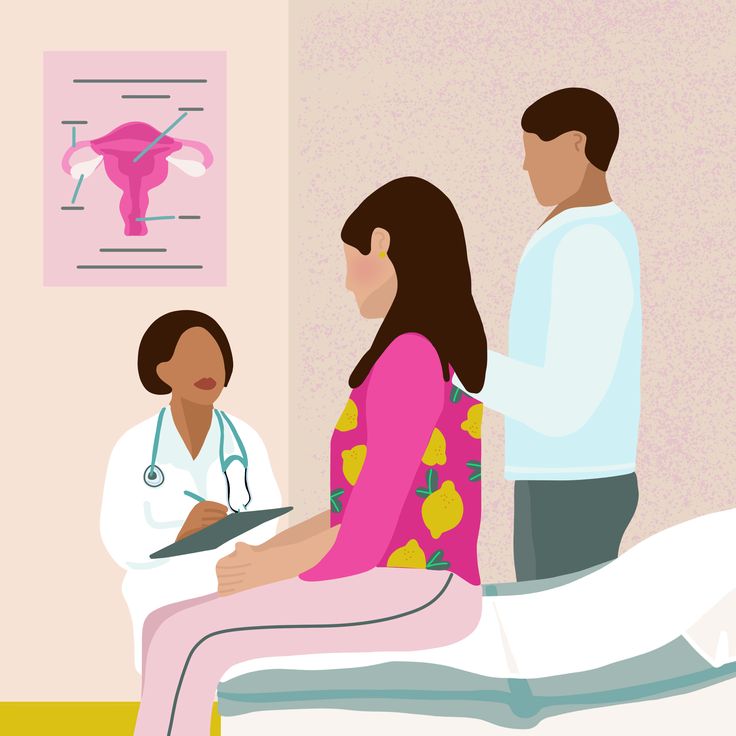
“High-quality family planning brings a range of potential benefits, not only in improving maternal and child health, but also in socioeconomic development, education, and women’s empowerment,” explained report co-author Dr. Marie Nagay, formerly Medical Expert for Reproductive and Maternal Health at the WHO Regional Office for the Western Pacific. nine0283
Unintended pregnancy remains an important public health problem. There are 74 million unwanted pregnancies every year in low- and middle-income countries. The result is 25 million unsafe abortions and 47,000 maternal deaths every year.
Conclusions and recommendations
The WHO study interviewed 4794 women who had an unplanned pregnancy after stopping contraceptive use. Fifty-six percent of pregnant women did not use any method of contraception in the 5 years prior to conception. At the same time 9.9% of women with unwanted pregnancies indicated that the last method they used was traditional (intercourse or calendar method), 31.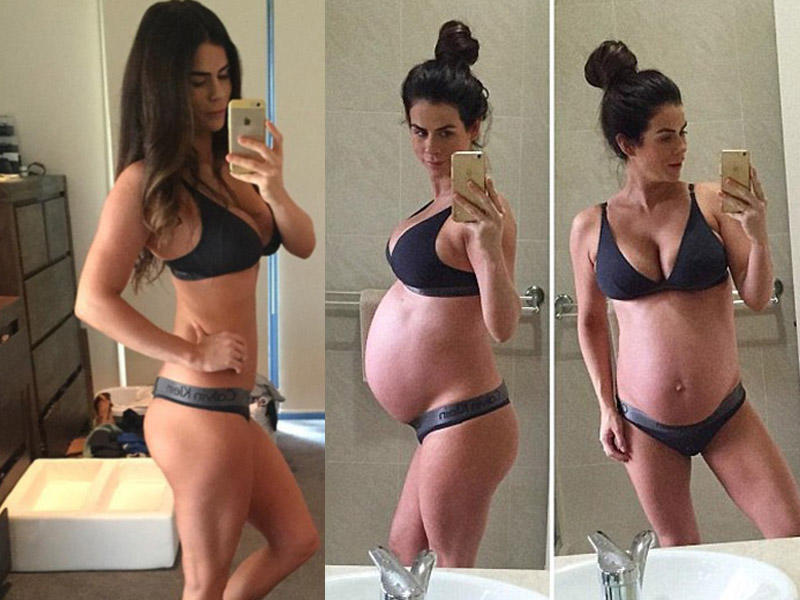 2% used a short-term modern method (pills, condoms) and 2.6% used long-term methods reversible contraception (eg, intrauterine devices (IUDs) and implants).
2% used a short-term modern method (pills, condoms) and 2.6% used long-term methods reversible contraception (eg, intrauterine devices (IUDs) and implants).
In their conclusions, the authors of the study emphasize the need to provide services that:
- are based on a collaborative approach to making decisions about the choice and use of effective contraceptive methods that best meet the needs and preferences of clients; nine0005
- allow early detection of cases when women and girls have doubts about the method they use;
- empower women and girls to move from one modern method to another while remaining protected through effective counseling and respect for their rights and dignity.
Missed opportunities to support women in choosing contraceptives
According to a related WHO study recently published in the Philippines, only 3% of women wishing to delay or limit childbearing received contraceptive counseling when they last visited a medical institution for any reason. Introducing mandatory screening of all patients for family planning problems would help prevent the large number of unwanted pregnancies and unsafe abortions seen in many Asian countries. In the Philippines alone, it is estimated that nearly 2 million women have unplanned pregnancies each year and more than 600,000 unsafe abortions are performed. nine0283
Introducing mandatory screening of all patients for family planning problems would help prevent the large number of unwanted pregnancies and unsafe abortions seen in many Asian countries. In the Philippines alone, it is estimated that nearly 2 million women have unplanned pregnancies each year and more than 600,000 unsafe abortions are performed. nine0283
Turning this around requires competent counselling, better services, more effective and affordable contraceptive choices, and respect for the rights of all women and girls. Equity is also an important aspect. Of women who do not want to get pregnant, the least educated women are three times less likely to use modern contraceptives than women with the most education, a Philippine study found. nine0283
“Access to information and quality and affordable sexual and reproductive health services, including the full range of contraceptive methods, can play a vital role in building a healthier future for women and girls and contribute to the achievement of the Goals in sustainable development,” said Dr Ian Askew, Director of the WHO Department of Reproductive Health and Research.
Increasing access to modern contraception
Overcoming legal, political, social, cultural and structural barriers will allow more people to receive effective contraceptive services. One of the key components of such services will be, firstly, identifying women who have concerns about their contraceptive methods and wish to switch to other methods, and secondly, providing these women with quality counseling in an environment free from stigmatization, discrimination or intrusion. to ensure that their reproductive plans are respected and that their sexual health is protected. It is also important to improve the skills of doctors, nurses and midwives through education and training so that they can effectively counsel women on family planning. nine0149
Reasons for stopping contraceptive use among women with unplanned pregnancies in 36 low- and middle-income countries
UNFPA: Rising number of unplanned pregnancies shows failure to protect women's rights
“The data in this report is very, very worrying,” said UNFPA Executive Director Natalia Kanem. "The staggering number of unplanned pregnancies is a testament to the international community's failure to protect women's fundamental rights," she said. nine0283
"The staggering number of unplanned pregnancies is a testament to the international community's failure to protect women's fundamental rights," she said. nine0283
The report, Seeing the Unseen: The Forgotten Crisis of Unintended Pregnancy, points out that this human rights gap has dire consequences for women and girls, society at large, and global health.
“No Choice”
According to the UNFPA flagship report World Population 2022, more than 60 percent of unintended pregnancies worldwide end in abortion. However, about 45 percent of all abortions are carried out in unsafe conditions. As a result, between five and 13 percent of all registered maternal deaths are due to abortions. This state of affairs has an extremely negative impact on the ability of humanity to achieve the Sustainable Development Goals by 2030, the report says. nine0283
The war in Ukraine and other conflicts are expected to further increase the number of unintended pregnancies as access to contraceptives is disrupted and sexual violence increases.
“Affected women generally don't have the choice between pregnancy and not getting pregnant,” stressed the UNFPA Executive Director. “They simply don’t have a choice.”
Emergency response to the crisis in Ukraine
Speaking in Geneva, UNFPA's Monica Ferro said that the Fund estimates that 265,000 women are currently preparing to become mothers in Ukraine, 80,000 of whom will give birth in the next three months. nine0283
“Under the current circumstances, many of these women will not be able to access a skilled birth attendant,” she said. “That will mean an increase in morbidity and maternal mortality.”
As part of an emergency response to the humanitarian crisis in Ukraine, UNFPA sent a large consignment of medicines, as well as drugs and equipment for maintaining sexual and reproductive health, to this country.
Pregnancy in conflict settings
The UNFPA report says that gender inequality and economic slowdowns are driving the world's high rate of unintended pregnancies. Approximately 257 million women who would like to avoid pregnancy are not using modern methods of contraception. At the same time, almost a quarter of all women on the planet cannot refuse a partner in sexual contact. nine0283
Approximately 257 million women who would like to avoid pregnancy are not using modern methods of contraception. At the same time, almost a quarter of all women on the planet cannot refuse a partner in sexual contact. nine0283
Among other factors contributing to unintended pregnancy, the authors of the report mention the poor health of women, poor-quality contraceptives, sexual violence, coercion to conceive a child, and negative attitudes towards women who choose to terminate their pregnancies by health professionals.
Armed conflicts and wars, the report says, deprive women of their freedom of choice, dramatically increasing the risk of unwanted pregnancies. More than 20 per cent of refugee women and girls experience sexual violence. Access to contraceptives in conflict settings is drastically reduced. nine0283
“If you only had 15 minutes to leave your house, what would you take? – asks Natalia Kanem. - Probably, first of all, a passport and a minimum supply of food. Who will remember at this moment about contraceptives?
A desirable goal, not an inevitability
The UNFPA report shows how easily and irresponsibly the fundamental rights of women and girls are relegated to the background, both in times of peace and in times of war.

